From daily SPF to double cleansing, find out which habits to make and break before your 20s are over…
If you’re currently in your twenties, take a good look at yourself. This is as good as it’s ever going to get (or so I’m told by literally everyone in my life). Apparently, it only goes downhill from here.
You see, while you may still be young and sprightly, your body is already beginning to give up. It may not happen now, and it may not even happen a year from now, but eventually, you’re going to have to face the repercussions of the choices you make in your youth.
Just to be clear (because I am being a bit dramatic), I’m talking about the repercussions of your choices on your skin, not on your life (that’s a little above my pay grade). From premature ageing to skin cancer, every late night you indulge in and every extra minute of sun you soak up accumulates. Obviously, life isn’t simple and you can’t avoid some things altogether, but when it comes to your skin, there are measures you can take to reduce damage. Ahead, find seven skincare habits you should adopt in your early twenties:
1. Wear sunscreen daily
View this post on Instagram
If you take nothing else from this list, at least remember this point. Wear your sunscreen. I pretty much spent the entirety of my teens under the sun (SPF-less, of course), getting tanned and/or burned to my heart’s content. It was only around three years ago that I became woefully aware of the realities of skin cancer. Though it is more common in those over 50 years of age, it can very well affect you early in life, and—believe me—it is no joke. The worst part is that it’s totally preventable, provided that you wear sunscreen. In fact, even the lifestyle choices that you make in your teens and 20s are critical in preventing skin cancer.
Using a broad-spectrum sunscreen of SPF15 can reduce your risk of squamous cell carcinoma by about 40 percent, and your risk of melanoma by 50 percent. For days predominantly spent outdoors, a minimum of SPF30 is necessary for adequate protection (provided you’re reapplying every two to four hours, of course). For a more in-depth explanation, you can check out our sunscreen guide, but for the TL;DR explanation, sunscreen is an absolute must for your everyday routine as sun damage accumulates over a lifetime (yes, even if you never burn).
READ: Sunscreen 101: Your guide to all things SPF (and PA++++)
If that isn’t enough to convince you, just remember that sun damage ages you too. Yes, ageing is a beautiful and inevitable part of life, and the pressure on women to “age well” is ridiculous. That said, if you could avoid premature wrinkles, age spots, and sagging in the first place, why wouldn’t you? Sure, you could invest in all of the best anti-ageing creams and potions down the line, but you would save a lot more money by just using SPF in the first place.
2. Don’t forget to double cleanse
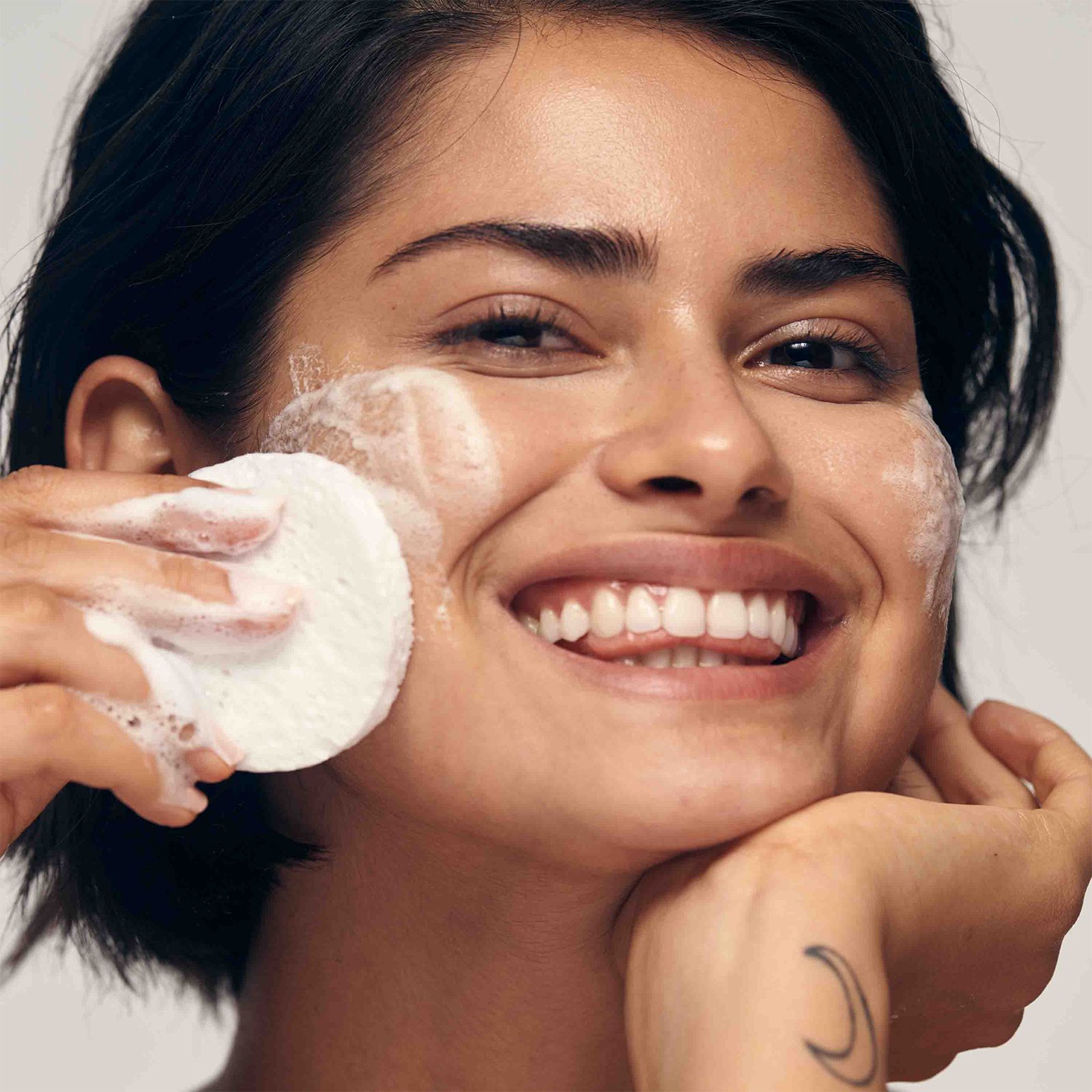
Are you guilty of leaving your makeup on while you sleep? Yes? Boo, you. No? Interesting. What does your cleansing routine look like?
If you said something along the lines of “I wash my face at the end of the day with a good cleanser, and that’s that”, then we need to talk. And—before you say it—no, your toner is not a cleansing step. Spoiler alert: It takes more than one fleeting wash to get rid of makeup, sunscreen, and grime from the day.
Things like makeup and sunscreen are typically oil-based, and it takes a lot more than just a single wash to adequately remove them. If you find that your cotton pads are getting dirtied during your toning step, all that means is that you haven’t done a good enough job while cleansing. While we’re on this topic, you should ditch the makeup wipes while you’re at it—in addition to being horrible for the environment, they’re not an adequate cleansing step.
Why is it so important to cleanse properly? Well, sleeping with makeup on (and, thus, leaving dirt and environmental pollutants to run wild on your skin) can lead to breakouts, eye irritation, and premature ageing. I personally find that doing a minute-long oil cleanse followed by a minute-long cleanse gentle foaming face wash works perfectly for me, but oil cleansers aren’t necessary. You can double cleanse with any kind of cleanser—even the same one twice! It just depends on your skin type.
READ: If you have acne, you should be oil cleansing for 15 minutes straight—here’s why
3. Exfoliate the correct way
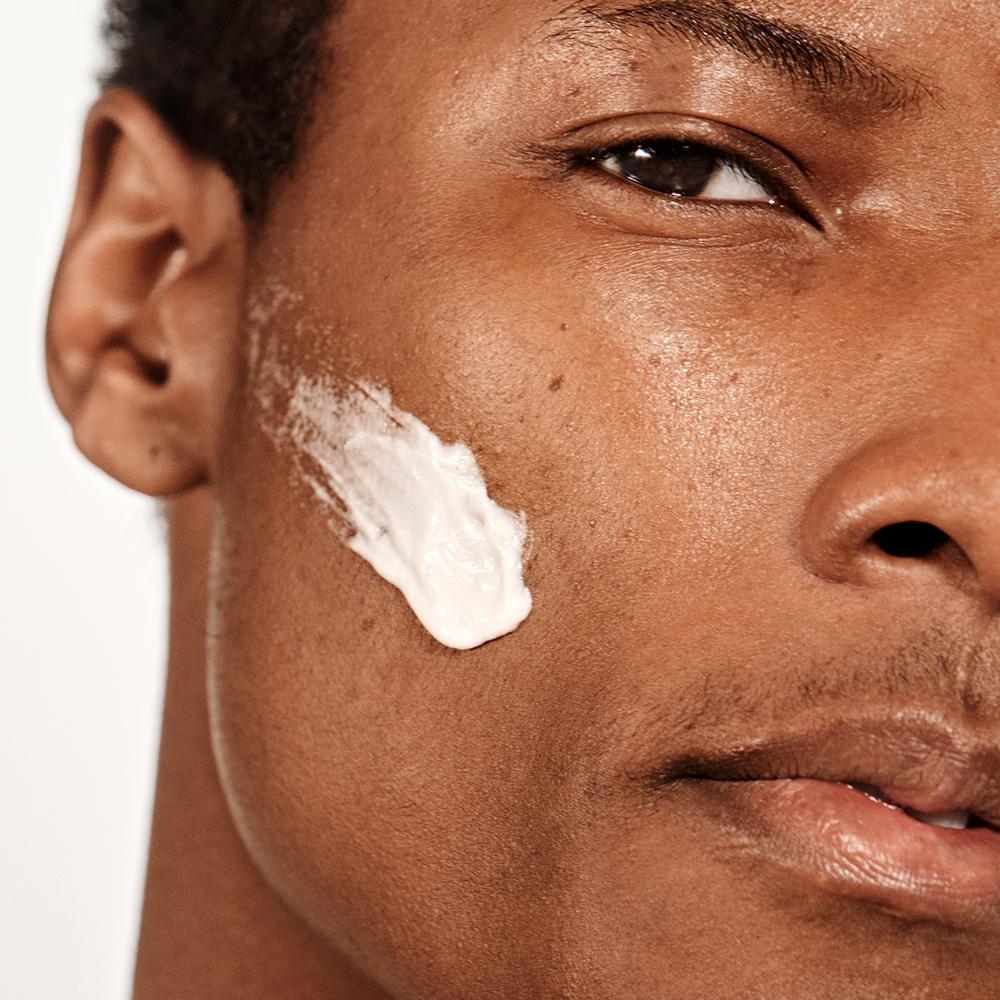
Harsh scrubs and compromised skin barriers are so 2010—here’s how you should be exfoliating instead. I’ll be the first to admit that I was a huge fan of a certain apricot scrub in my teens. In fact, I am responsible for introducing said scrub to many of my unsuspecting friends (whoops). It was only a few years ago (AKA once I hit 20) that I finally saw the light—those coarse, harsh face scrubs are terrible for your skin. Fortunately, I don’t think my skin has suffered too much damage at the hands of my indiscretion, but it does still make me cringe when I think about it.
Nowadays, I am more partial to the chemical variety of exfoliants, such as AHAs, BHAs, PHAs and enzymes. They are pretty much everywhere these days, and you can find them in rather high concentrations. That said, I have found that using super high concentrations doesn’t work for me—rather, I benefit more from using them often and in milder formulations.
Exfoliants are in pretty much every step of my routine, from the salicylic acid in my face wash to the lactic acid in my moisturiser and the assorted acids in my current go-to clay mask. Doing things this way ensures that I don’t over-exfoliate my skin and disrupt my skin barrier. That said, that is just what works for me, and it may greatly differ from what benefits you.
Whether you’re partial to potent formulations or to my milder method, the most important thing when it comes to exfoliation is knowing when to stop. Don’t overdo it, because you’re just going to end up worse off. Plus, while chemical exfoliants are my preference, this doesn’t mean that physical exfoliants are totally out of the question. While you should definitely be wary of coarse scrubs, using gentle physical exfoliants like rice powder is great. All in all, whatever works for you is what is best.
4. Invest in preventative skincare
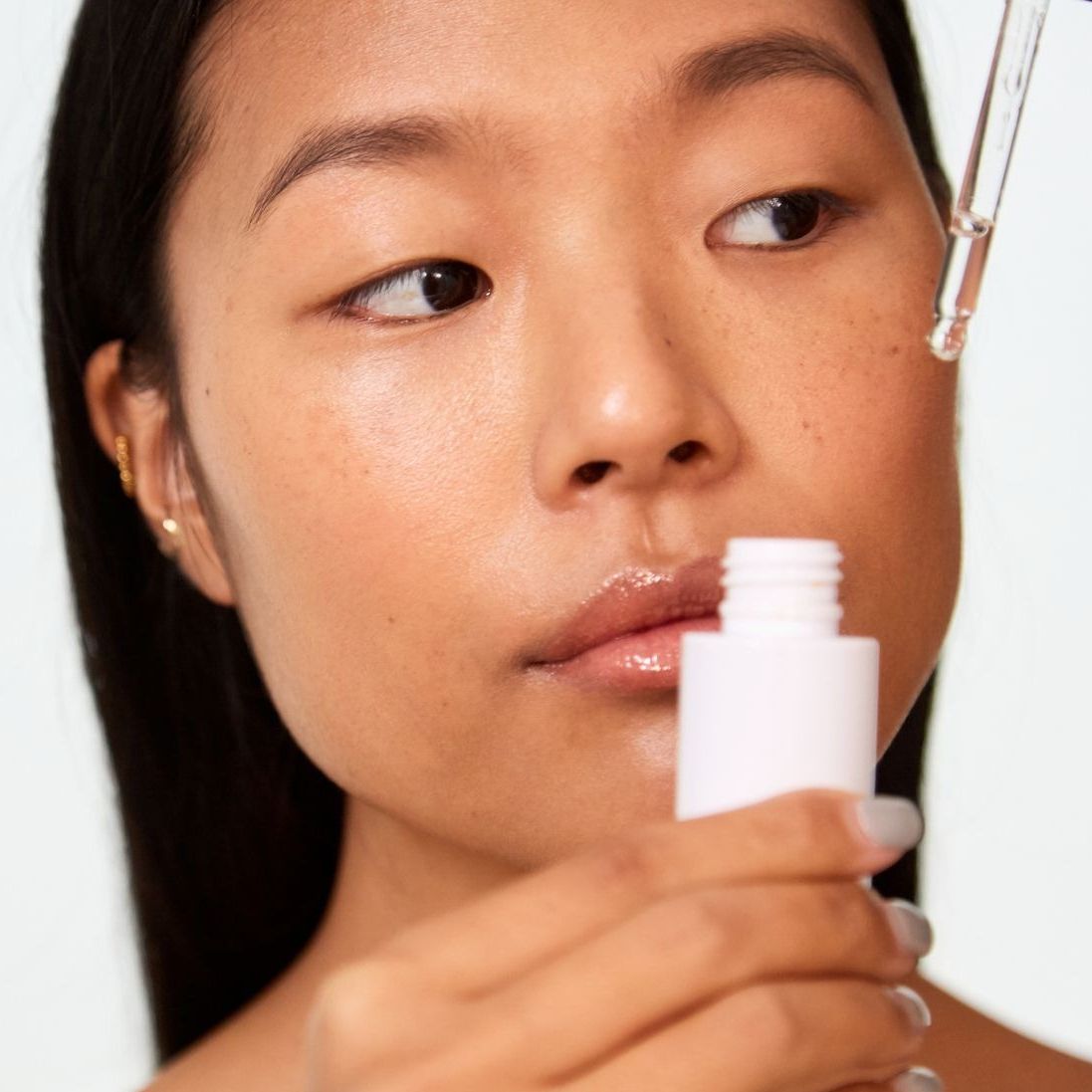
Being young and hot won’t last forever—prolong the inevitable and hop on the anti-ageing trend ASAP. Okay, once again, I want to reiterate that the concept of “ageing badly” is inherently sexist and impossible to live up to as a beauty standard. That said, as a young woman who has been force-fed the narrative my entire life, I admit that it is something that I worry about to an extent (as I’m sure many others do). Not ageing in general—that I’m looking forward to, really—but one day looking in the mirror and knowing that I could have avoided the hyperpigmentation and premature wrinkles on my complexion entirely.
Call it vain, call it whatever you’d like, but at the end of the day, I would like to take care of my skin (and body) as much as I can. That’s why (in addition to regular SPF use) I’ve introduced a few anti-ageing staples into my routine like retinol, vitamin C, niacinamide, and coenzyme Q10, to name a few.
Obviously, they are all powerful antioxidants, so they protect against free radical damage, in turn preventing premature ageing. In the case of retinol, also known as vitamin A, it has the added benefit of being able to boost collagen production and skin turnover, thus plumping the skin and reducing the appearance of fine lines, dark spots, and acne scarring. These aren’t the only anti-ageing ingredients you can use, but they are the ones that I happen to like best.
Now, I do not currently have (nor have I ever had) obvious wrinkles or any other signs of photoaging, but that’s kind of the point. I’m nipping premature ageing in the bud. Once the damage is done, it is incredibly difficult to reverse, so I am doing all that I can to prevent it.
5. Don’t forget your neck and chest
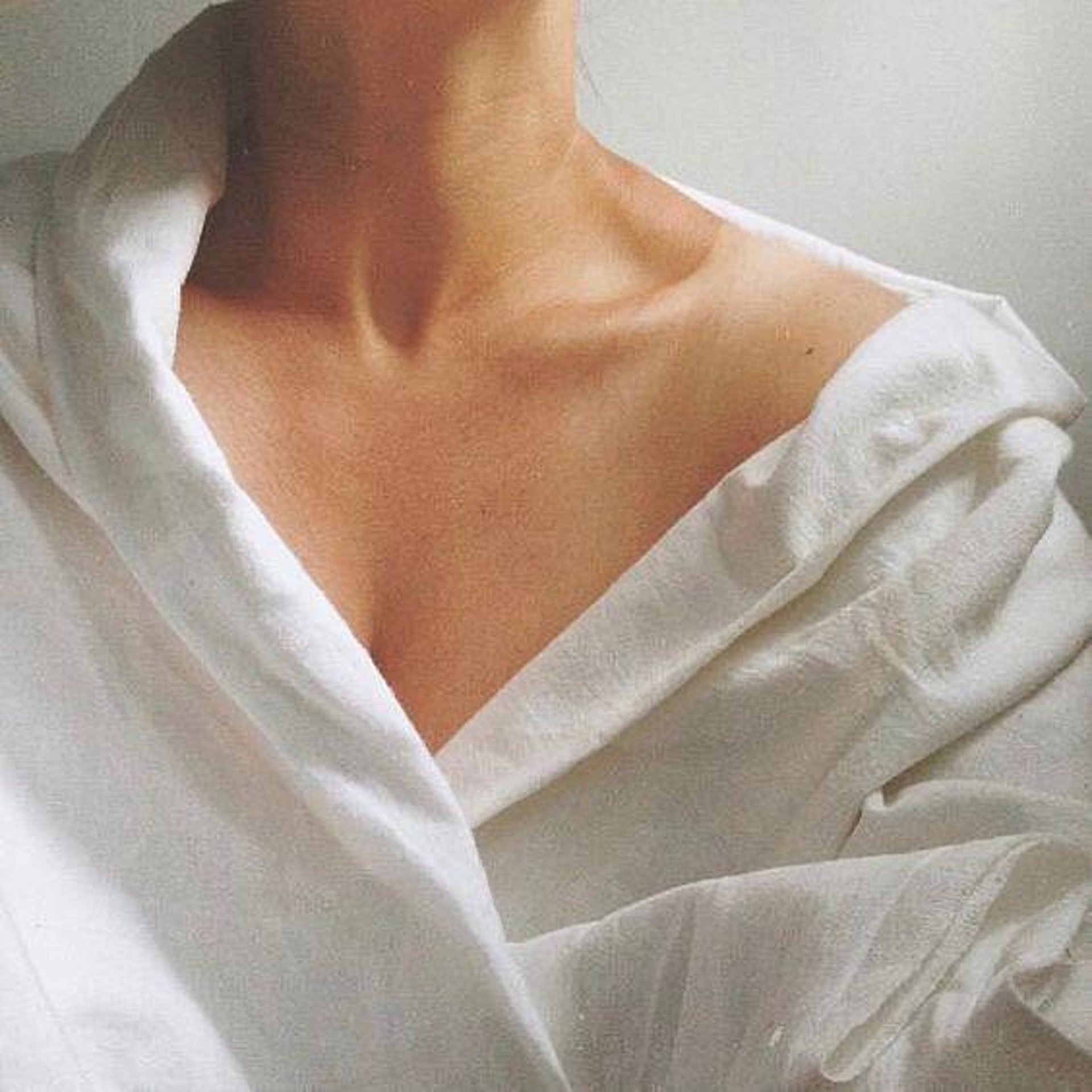
Fun fact: The first signs of ageing show up on 1) your eyes and 2) your décolletage. The décolletage (neck, chest, and shoulders) is often overlooked in skincare, and I cannot see why it should be. If you’re applying sunscreen or skincare to your face, it really doesn’t take too much effort to bring it down your neck and chest. That’s all.
6. Ditch the hot showers
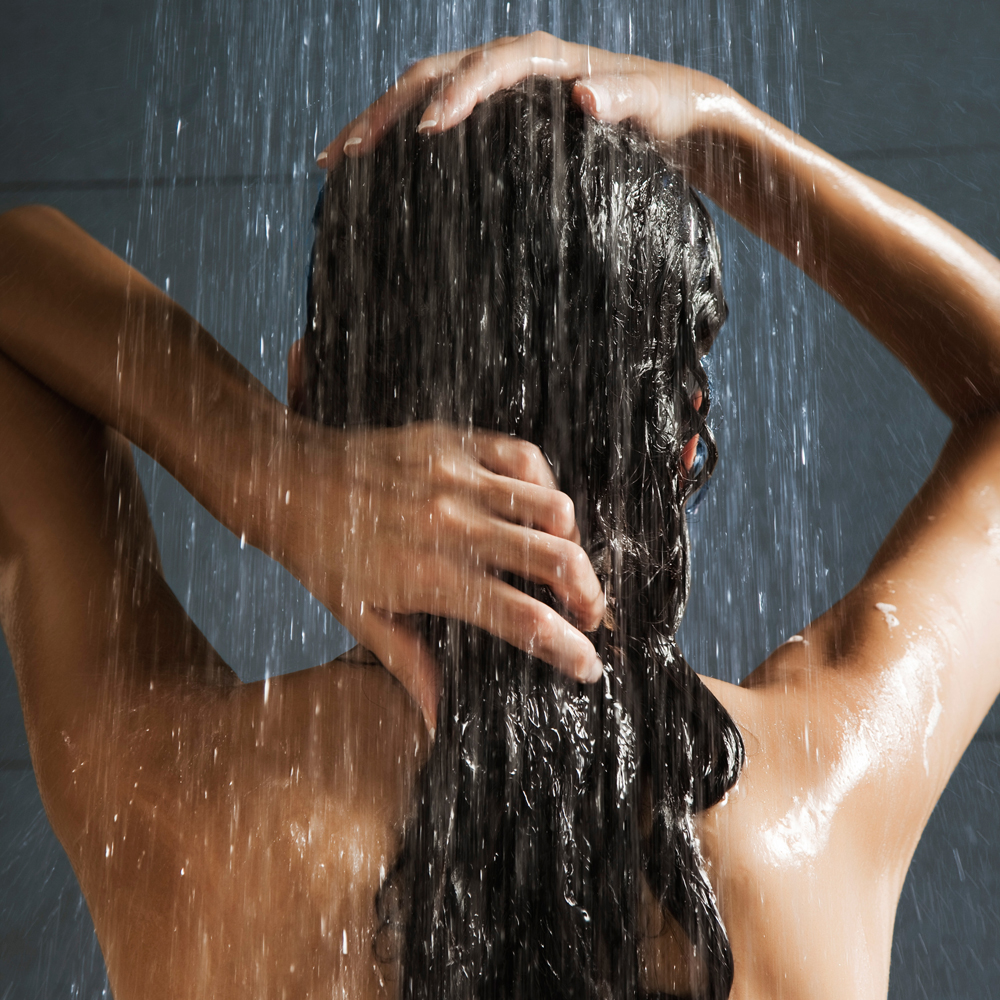
Hot showers may feel good, but they’re terrible for your skin. This applies to all skin types, but especially to dry skin types. Hot showers can leave your skin dry and irritated, in addition to exacerbating certain skin conditions like eczema. Instead, opt for a lukewarm shower.
If, however, you cannot bring yourself to turn the heat down, at least keep your face out of the piping-hot stream. The skin on your face is the thinnest on your body, and hot water is the worst possible thing you could inflict on it. Not to mention, hot water is terrible for your hair!
7. Sleep well and often
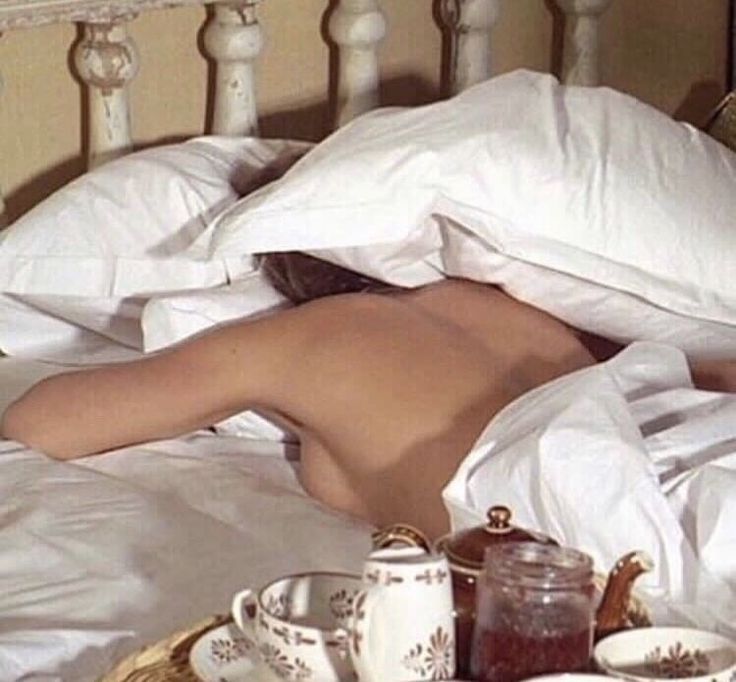
“Beauty sleep” isn’t just an empty saying—getting a good night’s sleep comes with many benefits. This is one bad habit I’m definitely still working on kicking. Unfortunately, all-nighters are still a regular part of my routine and my body has been feeling the effects of my poor sleep schedule in full force.
Sunken, puffy eye bags are one symptom, and dry, dull skin is another. In addition, I have noticed increased breakouts and a certain sallow quality to my face. If you could see what I look like as I’m writing this, you’d understand. Further, poor sleep reduces the effectiveness of your nighttime skincare routine and contributes to premature ageing. This is because sleep is necessary for your body to enter “repair mode”.
Beauty drawbacks aside, poor sleep has some other obvious consequences. Irritability, low productivity, and increased stress are some things I have felt acutely lately, and it’s all down to my erratic sleep schedule. Now, I have issues with insomnia and a big problem with revenge bedtime procrastination, so this has been quite an uphill battle. That said, sleep is necessary and your 20s are the ideal time to get your routine on track.
PSST: While we’re on the topic of beauty sleep, if you’re worried about wrinkles, try to sleep on your back rather than on your side or your belly. The friction from your pillow against your face (not to mention all the smooshing that goes with it) can also lead to premature ageing. If you can’t, try investing in a silk pillow. Or, you know, just do what you want because a few fine lines won’t break you.
So, there you have it—seven habits that your skin will thank you for. Full disclaimer: This is good advice for any age group, but the earlier you start adopting good habits, the better!
Find more beauty tips and reviews here.
| SHARE THE STORY | |
| Explore More |




